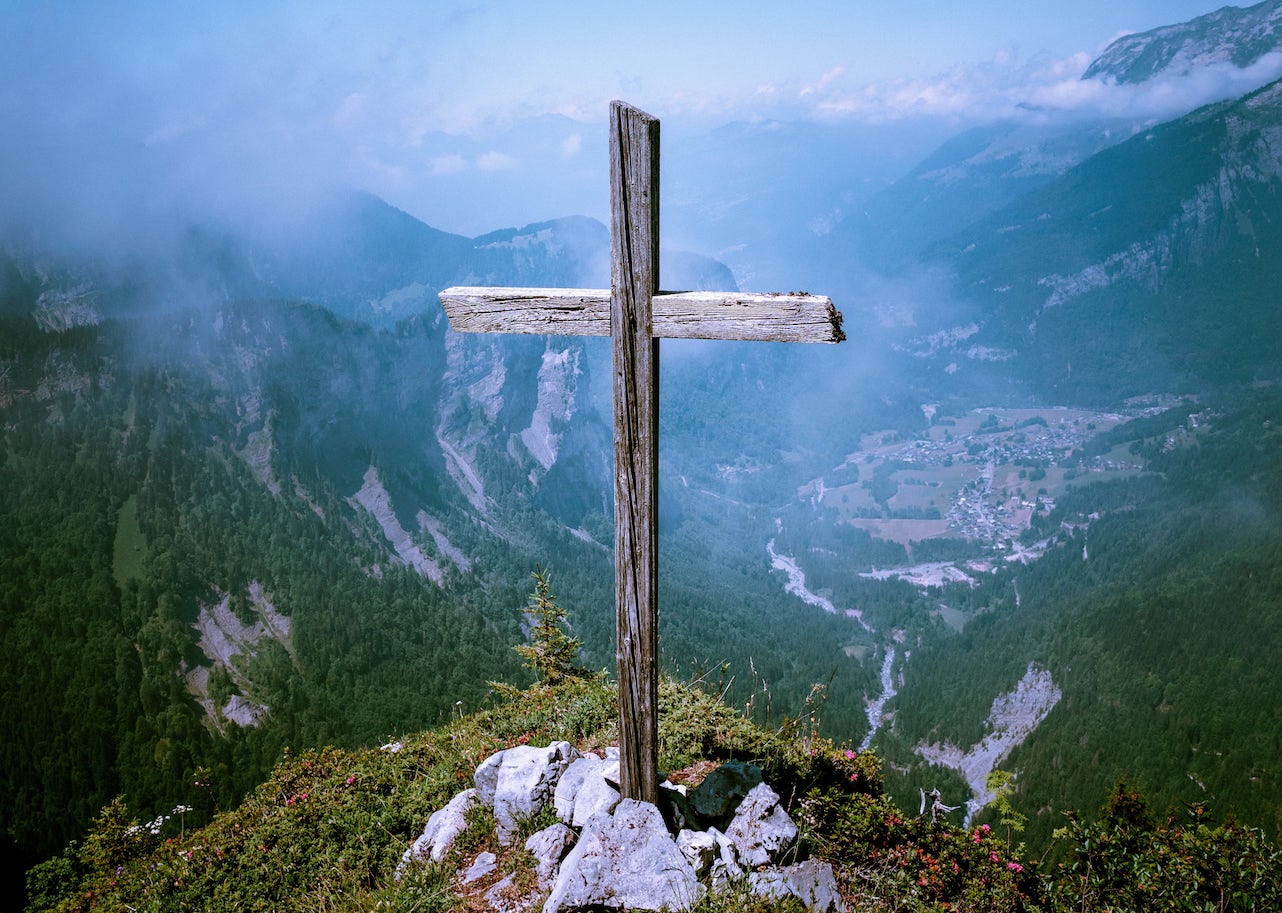
The Good and Beautiful Life
When taken at face value, the Sermon on the Mount is opposed to much of what passes for Christianity today. The lifestyle Jesus prescribes is incompatible with the kind of life most Christians want to live. Church history tells a two-thousand-year-old story of how the sermon has been manipulated, marginalized, and ultimately neutralized. Karl Barth, the twentieth century’s most influential theologian, echoed Martin Luther (the sixteenth century’s most influential theologian) when he said, “It would be sheer folly to interpret the imperatives of the Sermon on the Mount as if we should bestir ourselves to actualize these pictures.”
But according to Jesus, we very much need to “bestir ourselves to actualize these pictures.” (Translation: “we need to make Christ’s teachings a reality in our life”). Jesus says the men and women who do will be like the person who built their house on solid rock. When life’s inevitable storms come, they will not be shaken.
Frequently asked questions about the Sermon on the Mount
Are Matthew 5–7 and Luke 6 reports of the same sermon?
Most scholars believe that what we read in the two gospels are excerpts from a longer sermon Jesus preached on a plateau (Luke’s “plain”) in the hills (Matthew’s “mountain”) above the Sea of Galilee. We can safely assume this because both authors describe large crowds gathering as Jesus preached, and this would take time. If Jesus had only preached what is recorded in the gospels, he would have been done in ten minutes or so, and few would have heard him. But the gospels say the crowds were amazed at the end of his teaching. Matthew and Luke provide condensed versions of a much longer message.
It is also important to remember that Jesus was an itinerant preacher. He traveled from place to place bringing essentially the same message. Good teachers are redundant, and Jesus was the quintessential teacher. Those who traveled with him would have heard the same teachings over and over again. This is why many of the quotes from Matthew’s version of the sermon are found in different settings in Luke’s gospel.
What is the subject/theme of the sermon?
This is one of the most debated questions about the sermon, and there are a wide range of opinions, but when we look at the sermon’s context, we find Jesus preaching a very simple message: “Repent, for the kingdom of heaven has come near” (Matt. 3:2; 4:17). In essence, Jesus said we need to change the way we think about God and our relationship with him. He described a loving and joyous God who invites us to live with him in his kingdom (i.e., under his rule) and enjoy his goodness.
In Jesus’s day, the question in the minds of his listeners was, “How do I get into God’s kingdom? Am I even good enough to get in?” Jesus answers that question in his sermon, but his answer is not to provide a comprehensive social code–that was the Pharisee’s answer. Jesus’s answer was a description of life in God’s kingdom.
Many Christians say they “try to live by Sermon on the Mount,” and numerous teachers define the sermon as a general code of Christian ethics. But history has shown that everyone who has tried to live by that code has failed. Why? Because Jesus’s message cannot be turned into a treatise on day-to-day morality. The fact that his teachings are so extreme should alert the reader that the sermon is not a set of righteous rules and regulations.
So if Jesus’s sermon is not a legalistic code to be scrupulously followed, what is it?
The Sermon on the Mount is a description of the kingdom of heaven and an invitation to the abundant life Jesus promised those who follow him.
Why/how is the Sermon on the Mount relevant to my life today?
The sermon is valuable because we have Jesus, in his own words, explaining who he wants his followers to be (their character) and what he wants them to do (their lifestyle). It is also relevant because those who are God-blessed in today’s world are the same kind of people Jesus called “blessed” 2,000 years ago–men and women who are poor in spirit, those who mourn, the meek, those who hunger and thirst for righteousness, the merciful, the pure in heart, the peacemakers, and those who are persecuted because of righteousness–these are people Jesus says are blessed.
Next: The Beatitudes

Thank you for your work, this series on the Sermon on the Mount is very good. I’m pleased to see you rightly challenge ‘Barth’s view which seems to be along the lines of ‘Jesus kept these imperatives so we don’t have to’, an attitude that is sadly creeping into the Church.